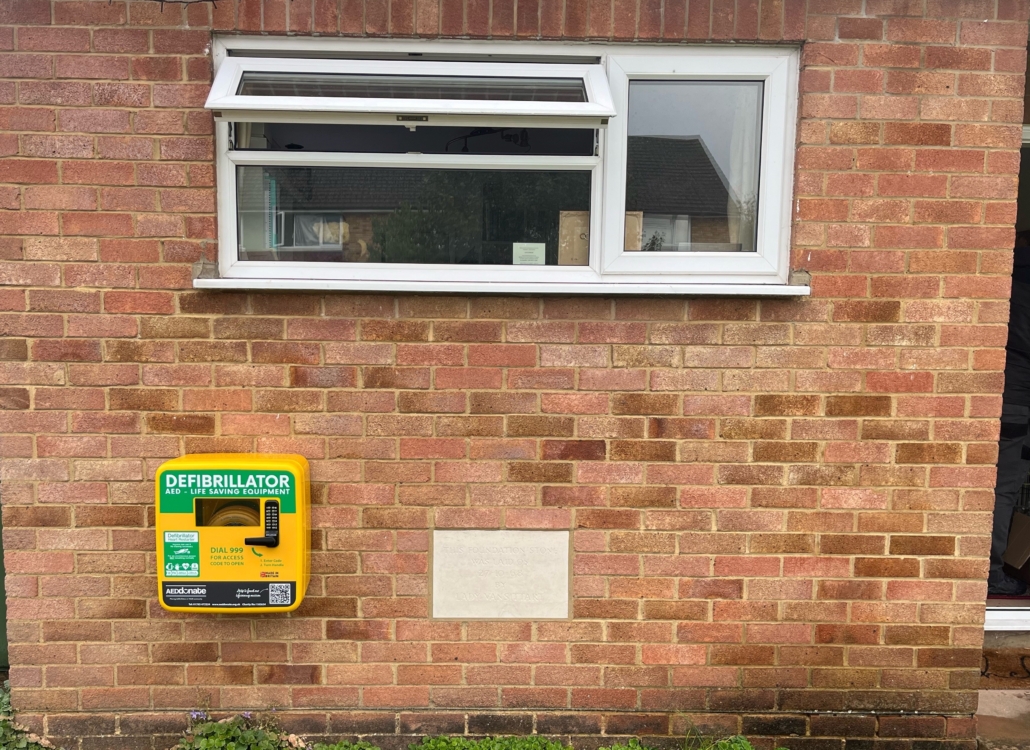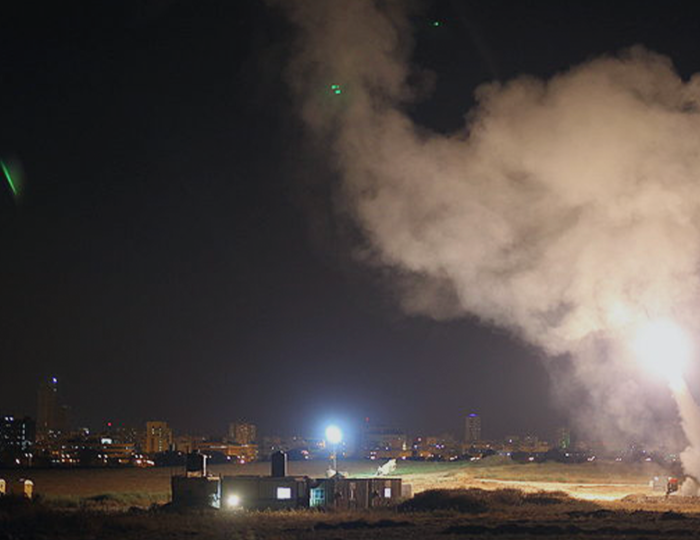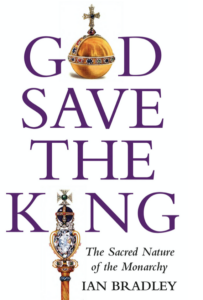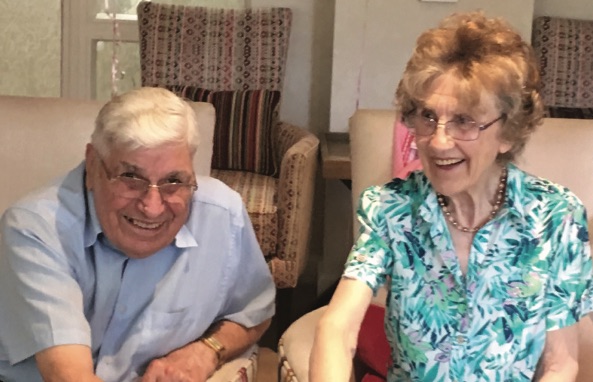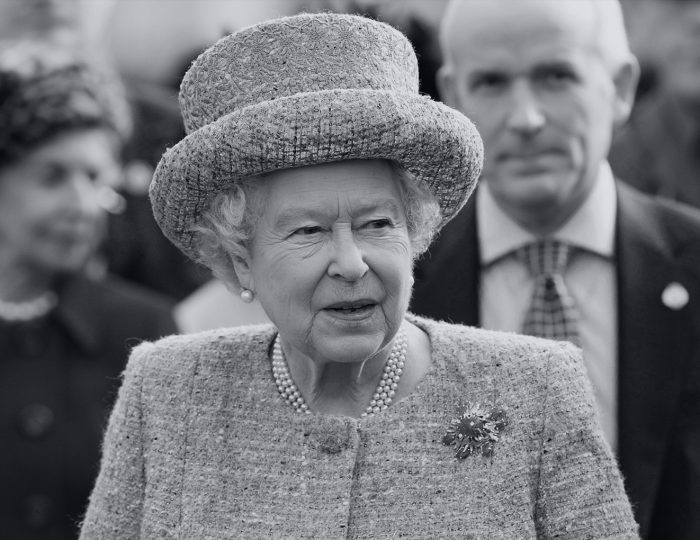From Christoph: Holy Week – So What?
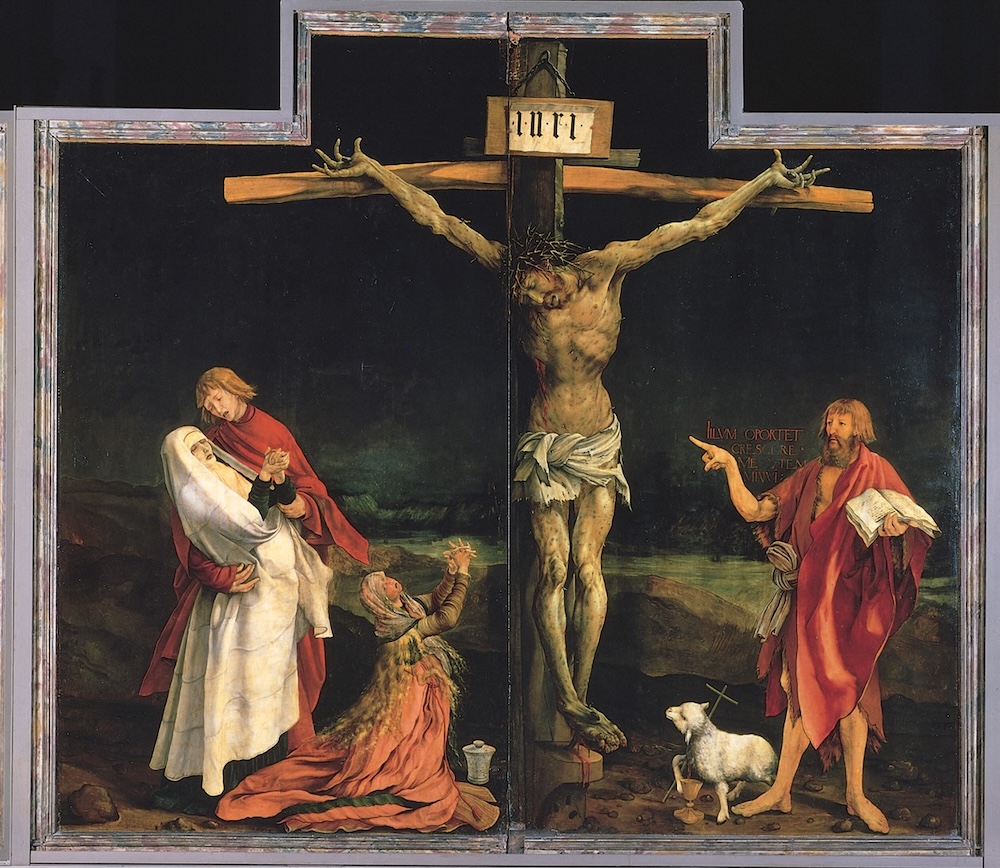
(Isenheim Altar Piece by Matthias Grünewald)
Dear friends,
A few days ago was Palm Sunday, the beginning of Holy Week. In a world that is increasingly losing its grounding in the biblical story, many people wonder what Holy Week is all about. So here is a brief explanation – may it inspire us to make the Holy Week journey a priority and invite others to experience it!
(What follows is from an article by James Emery White.)
“Maundy Thursday denotes when Jesus washed the disciples’ feet during what is known as the Last Supper on the night He was betrayed. The word Maundy comes from the Latin word for “command.” When Jesus washed their feet, He said: “A new command I give you: Love one another. As I have loved you, so you must love one another” (John 13:34). It’s why some churches actually have a feet-washing ceremony or service on Maundy Thursday.”
Please join us for our Maundy Thursday Holy Communion at St Mary’s, starting at 7.30pm. We won’t offer a foot washing, but the washing of your hands as you come in, to remind us of Jesus’ beautiful act of service and example. At the end of the service the front of the church will be stripped bare to signify the desolation of Jesus as he was arrested and led away, and to prepare us for Good Friday.
“Good Friday is the day we mark the anniversary of when Jesus was crucified. I know, the word “good” is a misnomer.
Or is it?
Sin is not good. Suffering is not good. But what Jesus did for us, what His death accomplished on our behalf—that was good. Good because He took on our sins, and then hung in our place, paying the price for our sins so that we can be forgiven.”
Please join us for “An Hour at the Cross” on Good Friday at St Mary’s, starting at 10.30am (click here for a live stream of this service…). We will read the account of Jesus’ suffering, sing hymns and listen to choir pieces reflecting on the significance of Jesus’ death. As part of the service, a cross will be carried to the front of the church and set up there. I will be reflecting with you on the life and work of Dietrich Bonhoeffer, who died at the hands of his Nazi executioners 80 years ago.
This is a reflective service, not designed for children, but there will be a “Children’s Hour at the Cross” at the same time in our Vestry, helping children to understand what happened on Good Friday.
“And then, of course, comes Easter Sunday when we celebrate the resurrection of Jesus—a day that so altered human history we are still talking about it and marking it 2,000 years later.
Each day is rich with meaning, significance and spiritual admonishment.
On Palm Sunday the crowds shouted ‘Hosanna!’ but just a few days later they cried ‘Crucify!’ Not willing to succumb to a celebrity culture, Jesus made it clear what the demands of following Him would entail. That’s what changed ‘Hosanna’ into ‘crucify.’ People were confronted with the weight and consequence of God. They had to choose: a tame God or a real God.
And now it plays out again, not in human history, but rather in our lives.
Every day.
Welcome to Holy Week.”
On Easter Sunday we will have a 9am Holy Communion service.
Then, at 10am our big Easter Egg Hunt for children is starting – all around St Mary’s Church. Don’t be late as most eggs will probably have been found by 10.15am.
This is followed by the Easter Day Family Service at 10.30am, featuring our Kids’ Choir. As part of the service all ages will celebrate Holy Communion together. (Click here for a live stream of this service…)
You are invited to bring fresh flowers to our Easter services, to turn the bare cross from Good Friday into a living cross, representing new life in Jesus.

